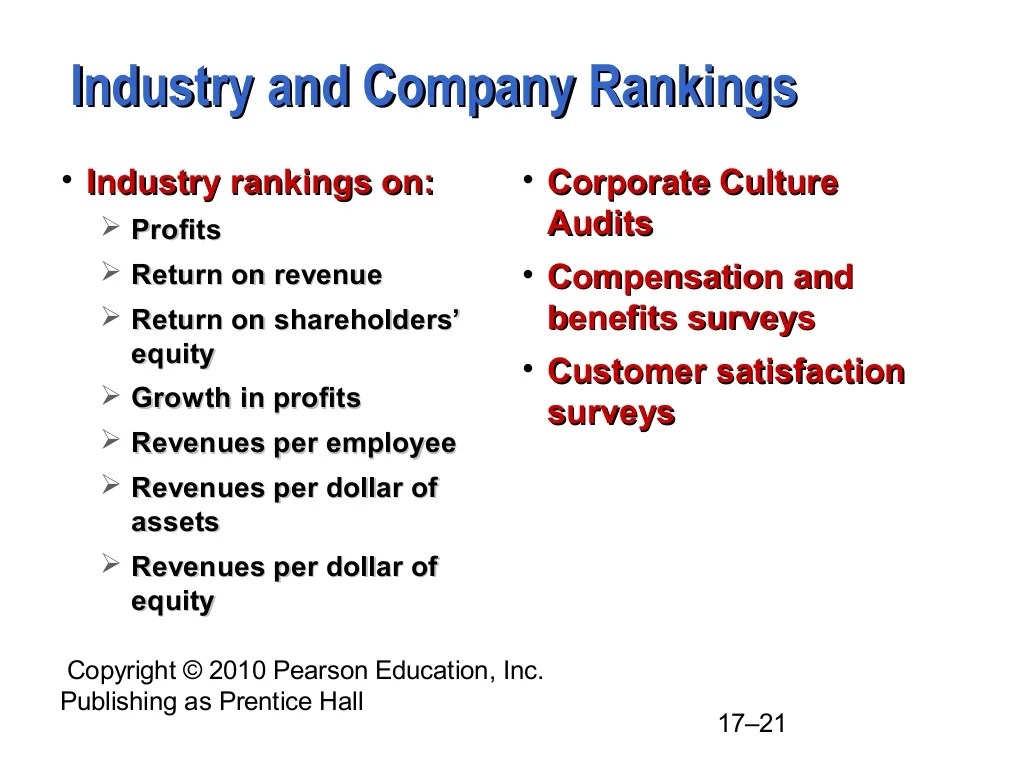Management robbins coulter 15th edition – Welcome to the realm of management, where Robbins Coulter’s 15th edition unveils the intricacies of this dynamic field. This comprehensive guide will navigate you through the foundational principles, cutting-edge practices, and global challenges that shape the world of management today.
From the evolution of management thought to the intricacies of global operations, this Artikel provides a roadmap for understanding the multifaceted nature of management. Prepare to delve into the strategies, techniques, and leadership styles that empower organizations to thrive in the ever-changing business landscape.
Foundations of Management

Management has evolved significantly over the years, with contributions from various theorists. Early management thinkers, such as Frederick Taylor and Henri Fayol, focused on scientific management and administrative theory, respectively. The human relations movement, led by Elton Mayo, emphasized the importance of employee motivation and satisfaction.
In recent years, contingency theory and systems theory have gained prominence, recognizing the influence of external factors and the interconnectedness of organizational components on management practices.
Different schools of management thought offer unique perspectives on management. Classical management theory emphasizes rational decision-making, clear organizational structures, and a focus on efficiency. Behavioral management theory focuses on the human element of organizations, considering employee motivation, leadership styles, and group dynamics.
Systems theory views organizations as complex systems that interact with their environment, and contingency theory recognizes that the most effective management practices depend on the specific situation and context.
Key principles of management include planning, organizing, leading, and controlling. Planning involves setting goals and developing strategies to achieve them. Organizing involves creating a structure for the organization and assigning responsibilities to individuals and teams. Leading involves motivating, inspiring, and guiding employees towards achieving organizational objectives.
Controlling involves monitoring progress, identifying deviations, and taking corrective action to ensure that goals are met.
Planning

Planning is crucial for management as it provides a roadmap for achieving organizational goals. Different types of plans include strategic plans (long-term, high-level goals), tactical plans (medium-term, functional-level objectives), and operational plans (short-term, specific actions). The planning process typically involves situation analysis, goal setting, strategy formulation, and action planning.
Effective planning requires a clear understanding of the organization’s mission, vision, and values. It also involves gathering and analyzing data, identifying opportunities and threats, and forecasting future trends. Managers should involve relevant stakeholders in the planning process to ensure buy-in and support.
Examples of effective planning include setting clear performance targets, developing contingency plans, and creating project timelines. Regular monitoring and evaluation of plans is essential to ensure that they remain aligned with the organization’s goals and objectives.
Organizing: Management Robbins Coulter 15th Edition

Organizational structure defines the framework within which individuals and teams operate. Different types of organizational structures include functional structures (grouping by function), divisional structures (grouping by product or market), and matrix structures (combining functional and divisional elements). The choice of organizational structure depends on factors such as size, industry, and strategy.
Effective organizational design considers the organization’s goals, size, and environment. It should provide clear lines of authority and responsibility, facilitate communication and collaboration, and support the organization’s overall strategy.
Examples of effective organizational structures include those that are flexible and adaptable to changing circumstances, foster innovation, and promote employee empowerment.
Expert Answers
What are the key principles of management?
Planning, organizing, leading, and controlling are the fundamental principles that guide effective management.
How does globalization impact management?
Globalization introduces challenges and opportunities, requiring managers to adapt strategies, consider cultural differences, and navigate global markets.
What is the role of innovation in management?
Innovation drives organizational growth and competitiveness by fostering new ideas, products, and processes.
